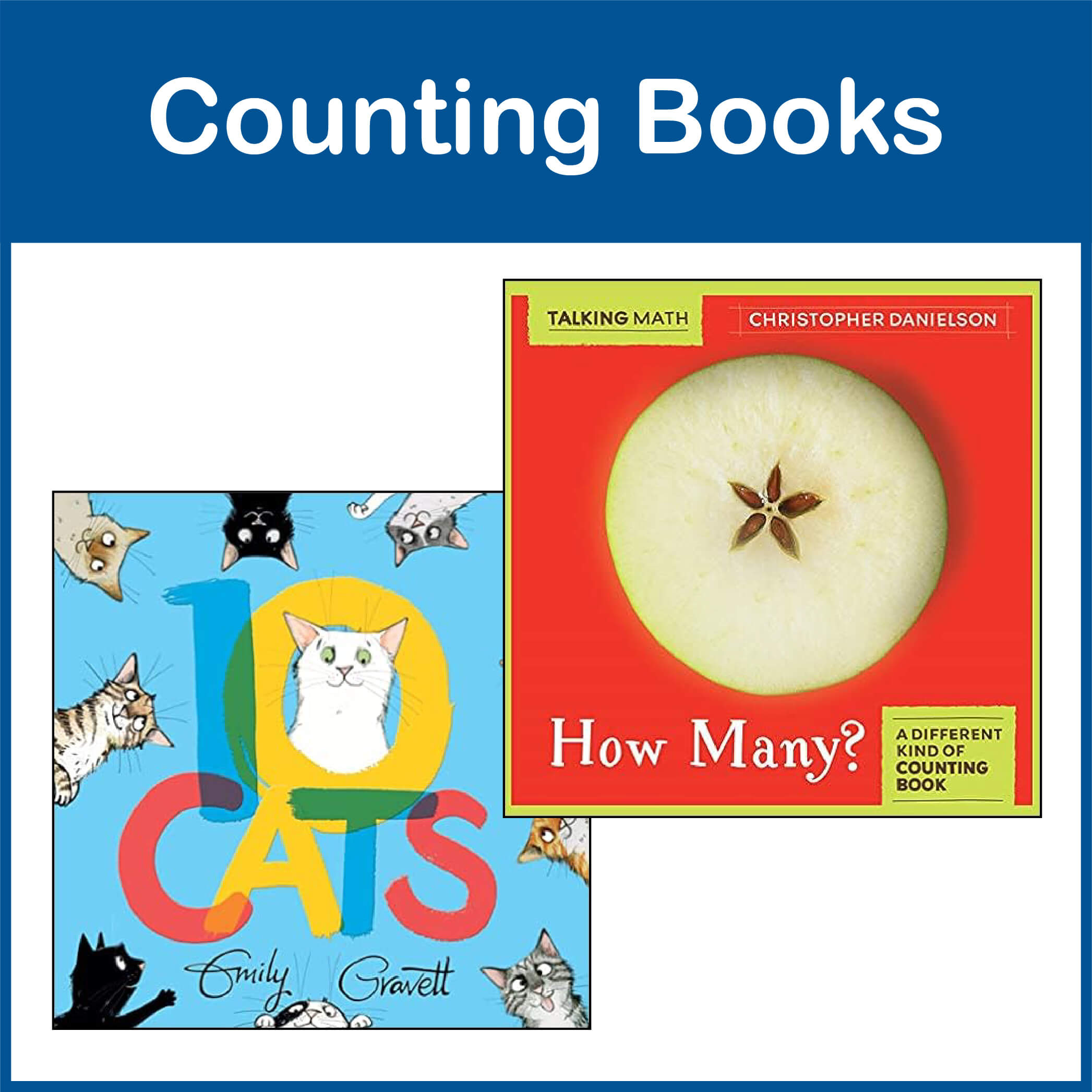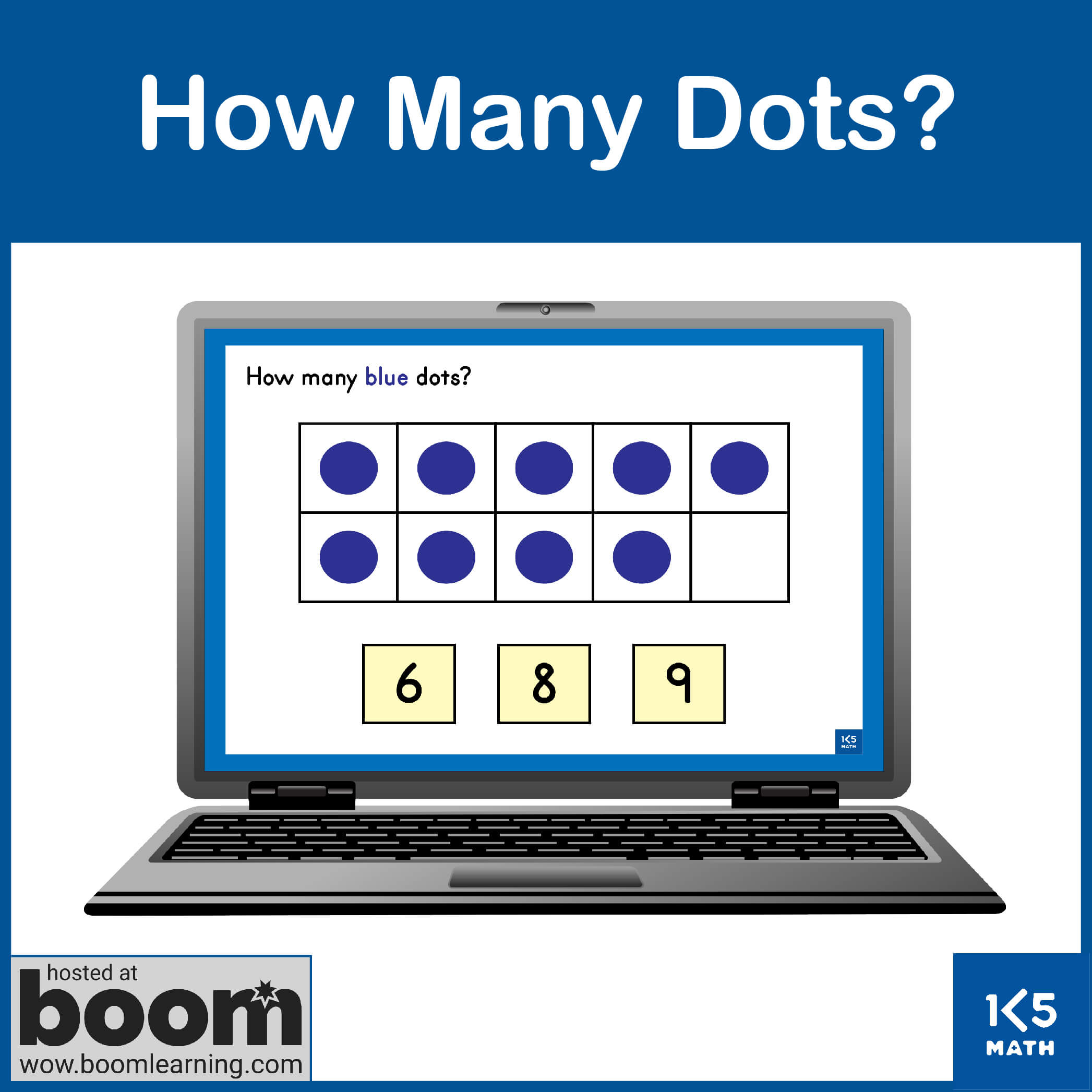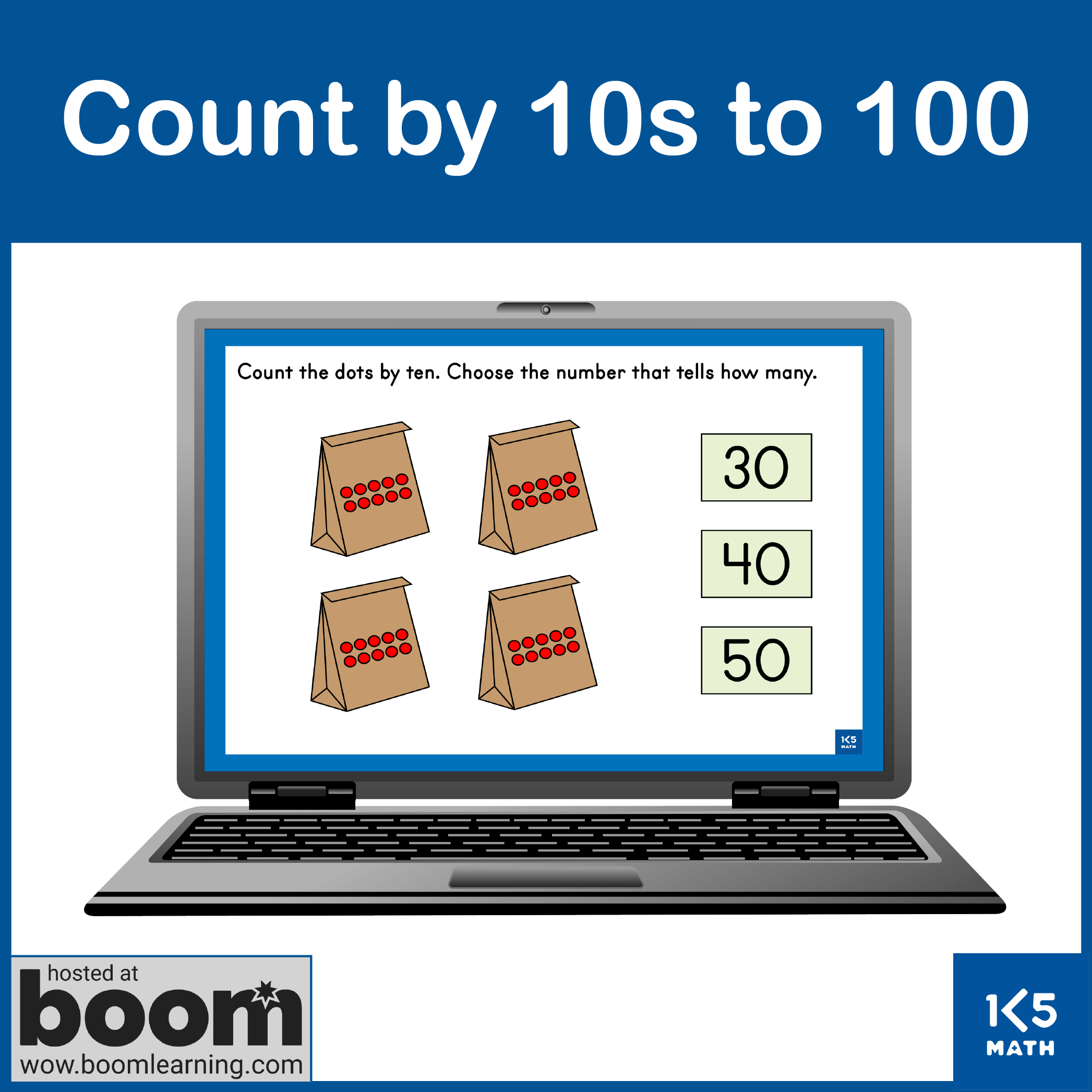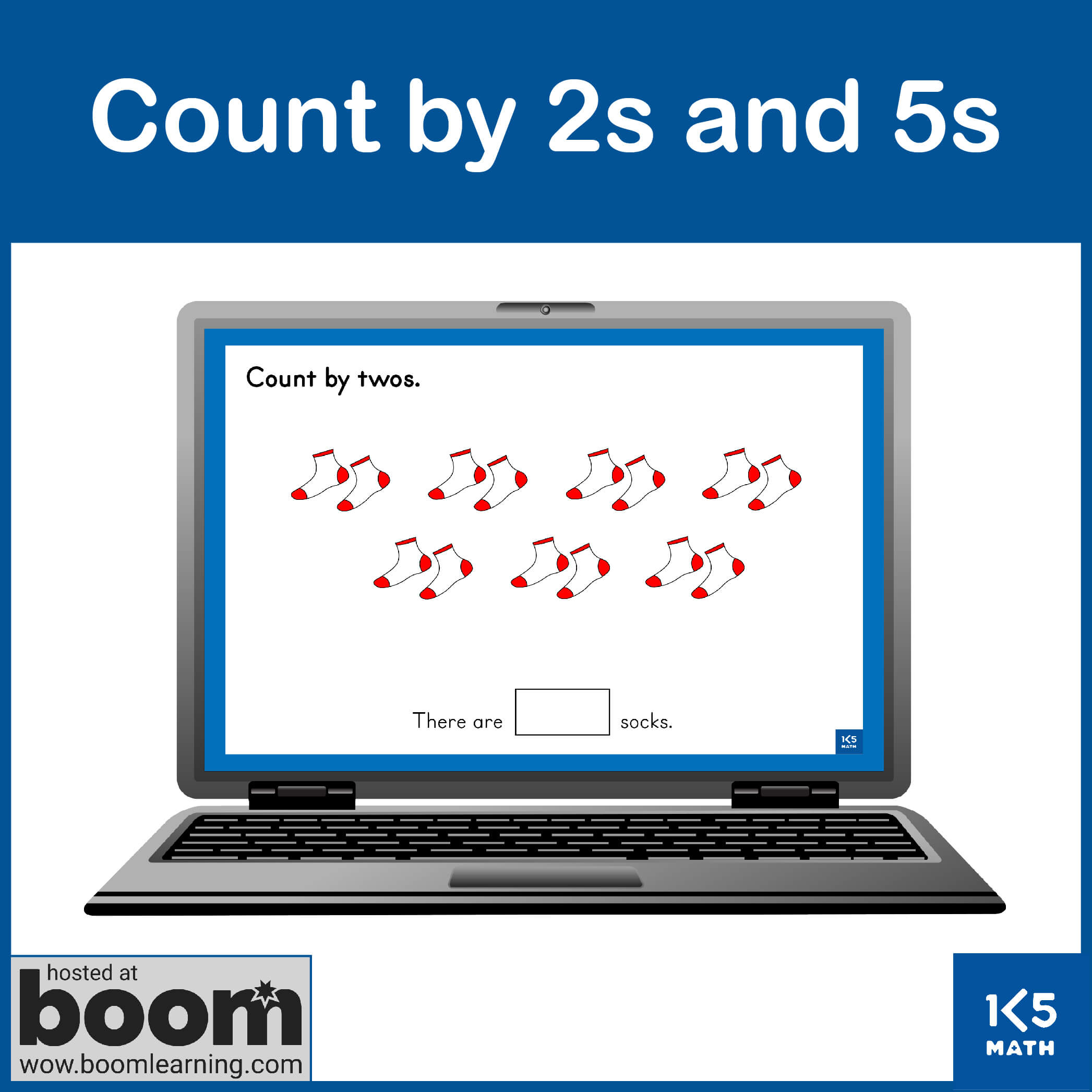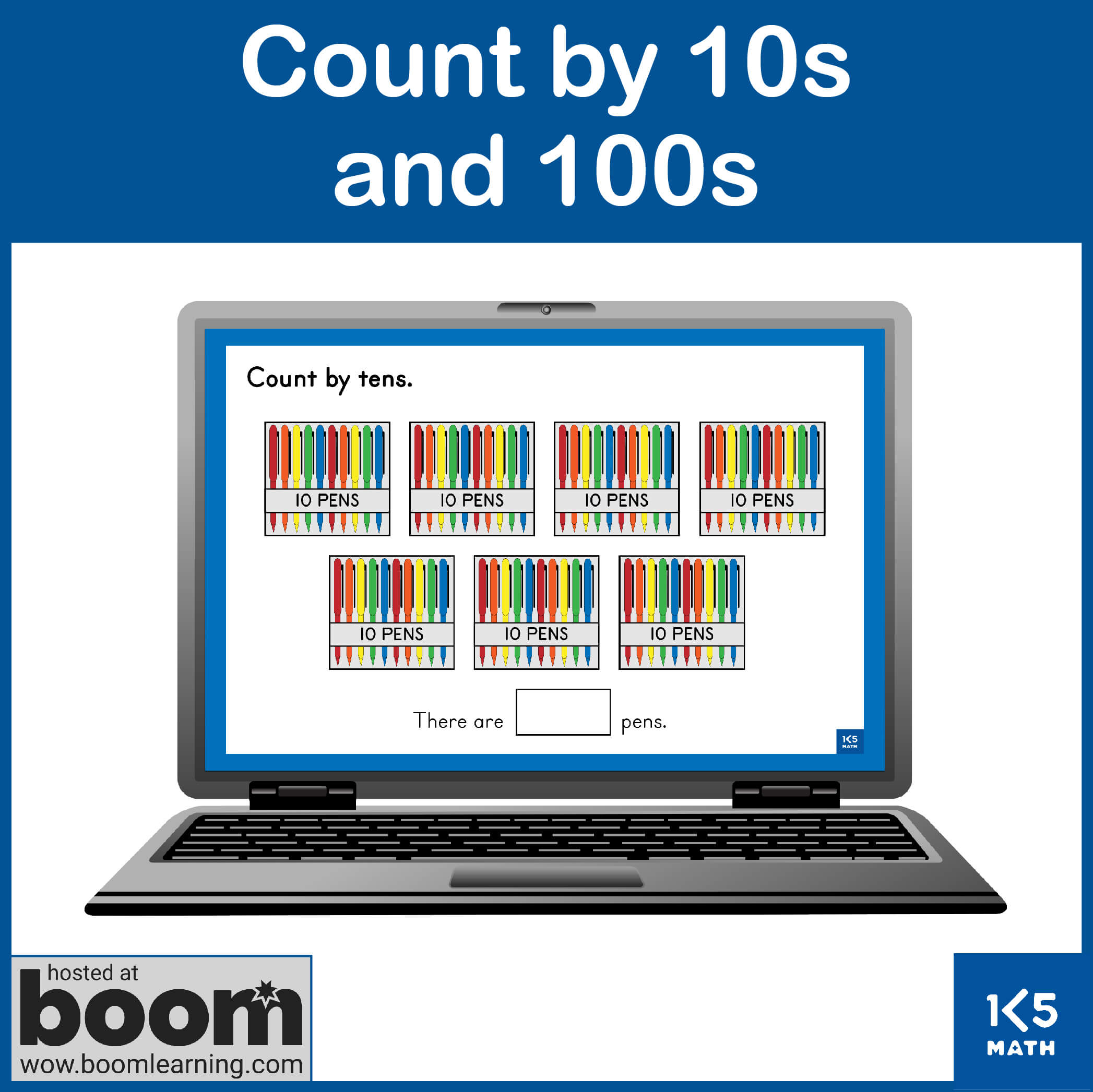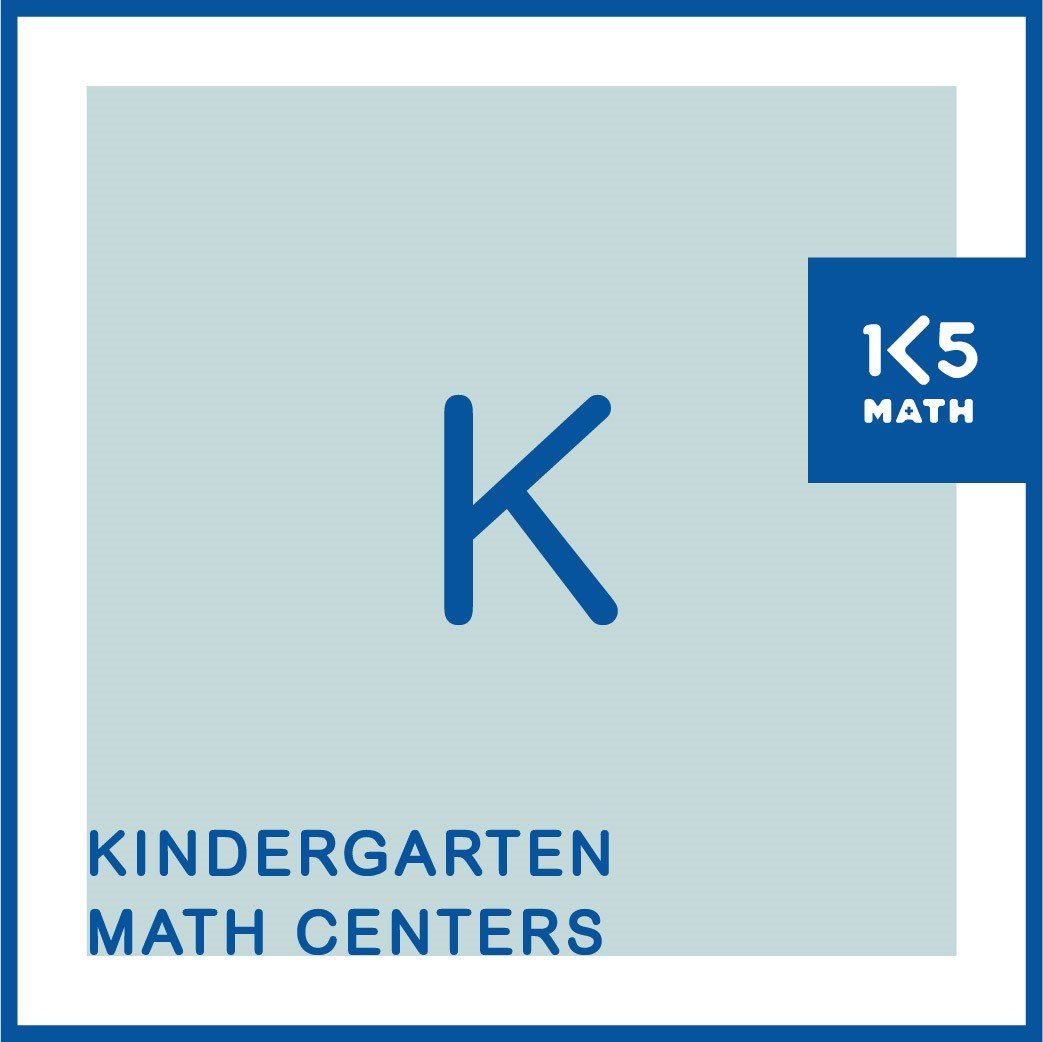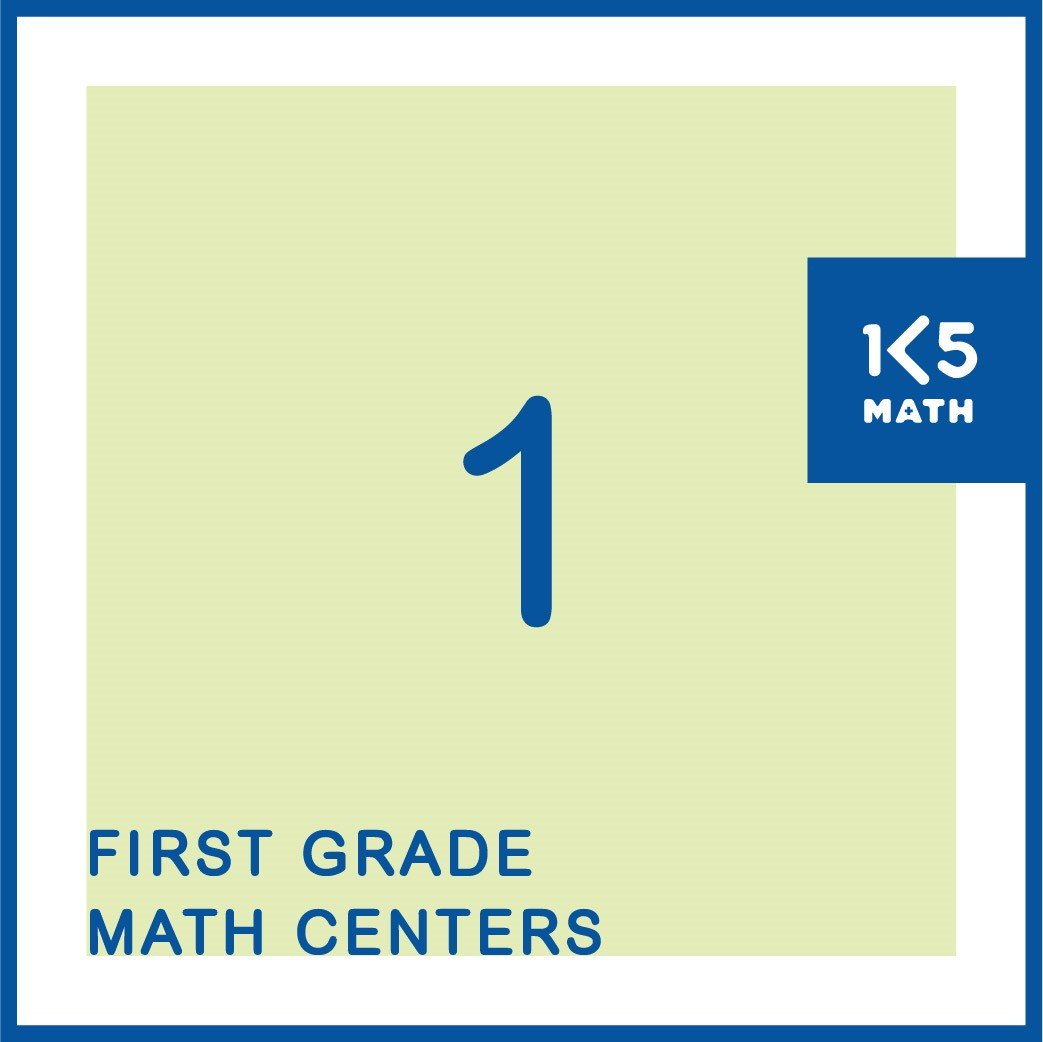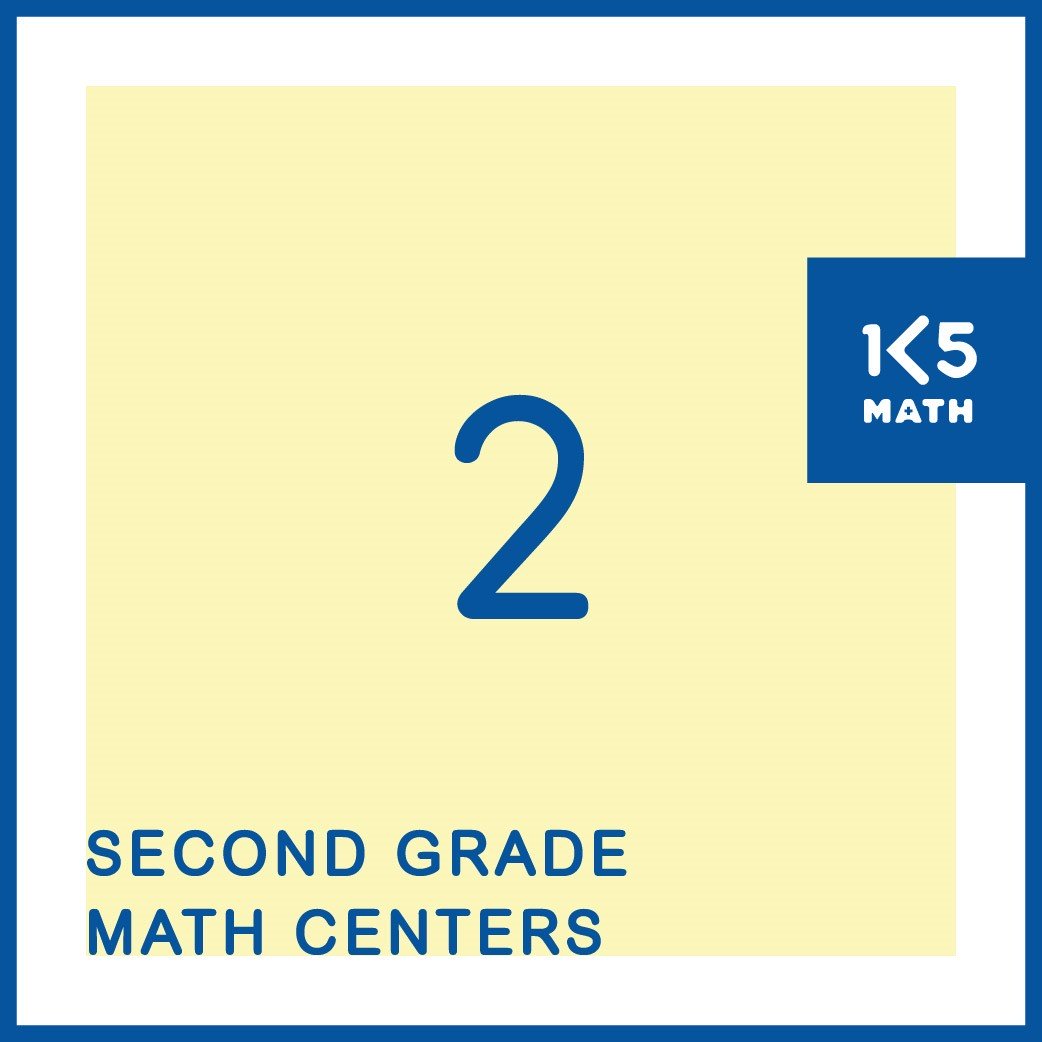Counting Centers
This page provides examples of Counting Centers aligned with the Early Childhood Assessment in Mathematics (ECAM) counting continuum (Board of Education of the City of New York, 2001; State Education Department). These centers can be used by teachers or parents to support students' progress within a stage, or to facilitate movement to the next stage on the ECAM continuum. For more information on using centers as an ongoing routine to develop math fluency in Kindergarten, 1st and 2nd grade classrooms see here.
Stage A Counting Centers: These children are just beginning to learn the ‘counting by ones’ sequence. They can recite small sections of the counting sequence. When counting objects, they are just beginning to coordinate one object with each number name.
Next Steps:
- Recite the counting sequence beyond ten
- Coordinate counting objects with number names to at least ten
- Use materials to make sets to show a given number less than ten
Possible Centers:
Spin and Cover ver. 1
Spin and Cover ver. 4
Five Frame Flash
Five Frame Match
Five Frame Numeral Match
Five Frame Concentration
Playdough Numbers
My Counting Book
Picture, Numeral, Word Cards (Set 1)
Counting Collections (ver. 1)
Ten Frame Counting Mats
Google Slides:
Five Frame Concentration
Roll and Cover
For more Centers aligned with stage A see this document
Stage B Counting Centers: These children are confident counting to ten. They can recite the counting sequence beyond ten, coordinate counting objects with number names to at least ten and can use materials to show a given number less than ten.
Next Steps:
- Develop proficiency in counting more than 20 objects
- Oral count by ones to at least thirty
Possible Centers:
Roll and Cover (1-20)
Counting Collections (ver. 2)
Counting Cards Set 1
Google Slides: Roll and Cover (1-20)
For more Centers aligned with stage B see this document
Stage C Counting Centers: These children are proficient at counting objects by ones. They know the counting sequence to at least thirty and can coordinate counting objects with number names beyond 20.
Next Steps:
- Count forward by ones within 100
- Count backwards by ones from ten
Possible Centers:
Count on Cup
Missing Number Game
Cross the Decade
Nearby Numbers (ver. 1)
Counting Collections (ver. 3)
Show One More
Show One Less
Google Slides: Cross the Decade Nearby Numbers (ver. 1)
For more Centers aligned with stage C see this document.
Stage D Counting Centers: These children can mentally manipulate the ‘counting by ones’ sequence. They can start the counting sequence at numbers other than one, and count on by ones. They can count backward by ones from 10.
Next Steps:
- Count forward by tens, fives, and twos
- Count backwards by ones from twenty
Possible Centers:
Skip Counting Paths (Set 1)
Counting Collections (ver. 4)
Count by Tens to 100
Google Slides: Count by Tens
For more Centers aligned with stage D see this document.
Stage E Counting Centers: These children are beginning to count in various intervals (skip count). They can skip count forward by twos, fives and tens. They can count backward by ones from 20.
Next Steps:
- Skip count by fives and tens from any 2-digit number
- Count backward by ones from any 2-digit number
- Count backward by tens from decade numbers
- Count mixed collections of coins within one dollar
Possible Centers:
Count by Fives (ver. 2)
Skip Counting Sequences
Add 10 Number Paths
Counting Collections (ver. 5)
Coin Scoop (ver. 2)
Google Slides: Skip Counting Sequences
For more Centers aligned with stage E see this document.
Stage F Counting Centers: These children are proficient with counting in various intervals. They can skip count by various numbers, and can count by fives and tens starting at any number. They can count backward by ones from larger numbers.
Next Steps:
- Skip count forwards and backwards by ones, tens, and hundreds from any 3-digit number
- Count mixed collections of coins greater than one dollar
Possible Centers:
Count by Fives (ver. 4)
Continue Coin Scoop (with mixed collections greater than $1.00)
Extend Counting Collections (ver. 5) to count by 5s and 10s from a 3-digit number
Google Slides: Count by Fives (ver. 4)
For more Centers aligned with stage F see this document.
Stage G Counting Centers: These children are proficient counting through and across hundreds. They can use many skip counting sequences. They count fluently forward and backward by ones, tens and hundreds (within 1,000), starting at any number.
Possible Centers:
Skip Counting Patterns (v.2)
Skip Counting Towers
Counting Collections (ver. 6)
Counting Collections (ver. 7)
(encourage students to group objects in collection by 3's, 4's, 6's, 7's, 8's, and 9's to further develop skip counting by various numbers)
